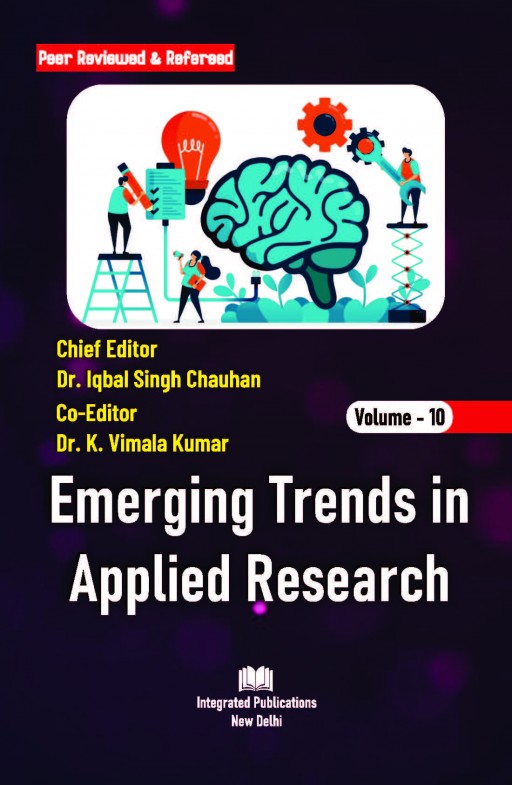The cardiac cycle is a fundamental concept in cardiovascular physiology, encompassing the coordinated sequence of electrical and mechanical events that occur with each heartbeat. It ensures the efficient propulsion of blood through the pulmonary and systemic circulations. This chapter provides a comprehensive review of the cardiac cycle, including the phases of atrial and ventricular systole and diastole, pressure and volume changes, valve dynamics, and the genesis of heart sounds. Emphasis is placed on physiological mechanisms, the pressure-volume relationship and electrocardiographic correlations. Additionally, clinical case studies are integrated to illustrate how pathologies such as valvular heart disease, heart failure, and arrhythmias disrupt the normal cycle. This chapter aims to deepen understanding of cardiac function in health and disease, serving as a foundation for clinical reasoning and diagnostic interpretation in cardiovascular medicine.
Copyright information
© Integrated Publications.

